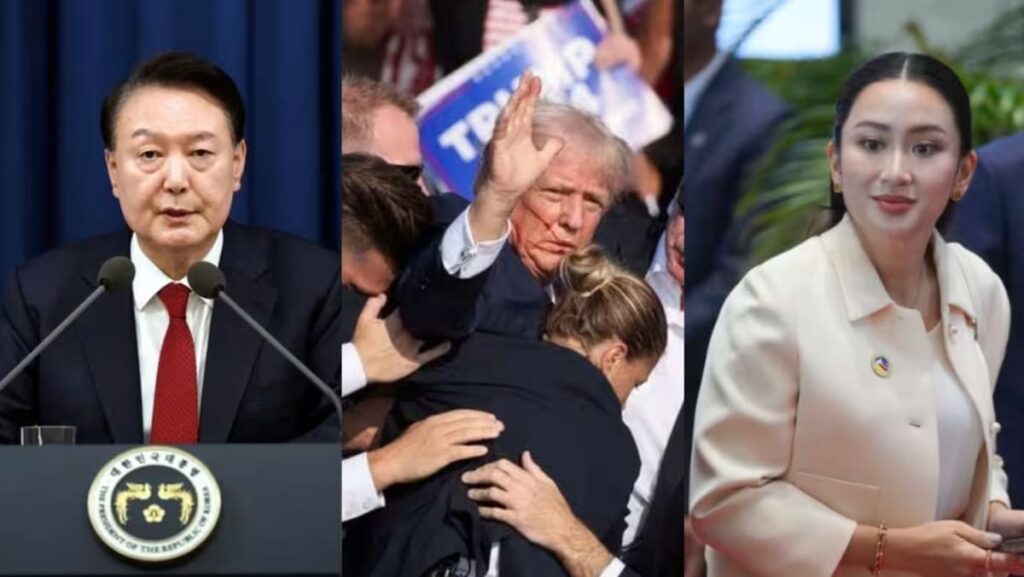DO BETTER
Alas, too many are so intent on winning at all costs, they lose sight of what it is all about.
What is required is a fundamental change in how politics is defined, starting with three redefinitions.
First, it is not a zero-sum competition where I win only if you lose, and the worse your loss, the better my win.
When politics is viewed as such a competition between opposing sides, it can only lead to greater division and disharmony, not just between competitors but among their supporters.
If the ultimate purpose is to improve lives and promote harmony, politics must be seen as a collaborative effort involving as many people as possible in the society working towards a common aim.
Viewing it as a competition between opposing sides is the worst possible way to achieve the common good.
This might seem difficult to do because of the nature of the first past-the-post, winner-takes-all feature in most democracies but it is precisely because such a system promotes extreme behaviour by politicians that it needs to be moderated.
Otherwise, there will be no limit to what they will do since the stakes are so high.
(It is also why some countries adopt a proportional representation system, but that is another story.)
Second, it should never be viewed as a do-or-die mission where the fate of the country hangs in the balance and the alternatives mean the end of the world.
It is almost never such a dire choice except perhaps in failed states fighting for survival.
But political leaders always over dramatise their aspirations and their indispensability.
Even in a stable democracy such as France, when President Emmanuel Macron called snap elections last year, he argued that the country faced an existentialist crisis after his party lost badly to right wing parties in the European Union elections and that, if he did not act, it would descend into “chaos”.
In the event, his gamble failed but I doubt if France is any worse or better off than before.
The presidential election in the US was also full of such hyperbole, including that it was about the future of democracy and the fate of the world.
The trouble with raising the stakes to unrealistic heights is that it encourages an “anything goes” approach. If the future of mankind is at stake, how can you not go to the end of the world to achieve your aims, legal or not, morally correct or otherwise?
It can only lead to political corruption and excesses.
It also ignores all the other important players in society, including the private sector, non-government organisations and public and private institutions that contribute to the well-being of the country.
This goes back to the first point – when politics is viewed as a collaborative effort and not a destructive competition, there will be greater recognition of other actors and their roles in achieving the aim of improving lives.
Politics is important – and political leaders especially – but you can’t justify their importance by letting them define everything in their own terms. There are others who are also critical and though they may not be overtly political, they help fulfil politics’ ultimate purpose.
Third, the notion that politics is all about power and what to do with it needs to change.
Power is, of course, an integral part of politics and when used to benefit society can do enormous good.
But how to ensure it does? There is no way of doing so and it is often the result of good fortune (the right leader at the right time) than anything else.
When power falls in the wrong hands, it leads to catastrophic consequences, as has happened too often in human history, resulting in wars and violent civil conflicts.
https://www.channelnewsasia.com/commentary/politics-2024-divisive-leaders-competition-voters-society-well-being-4849486


